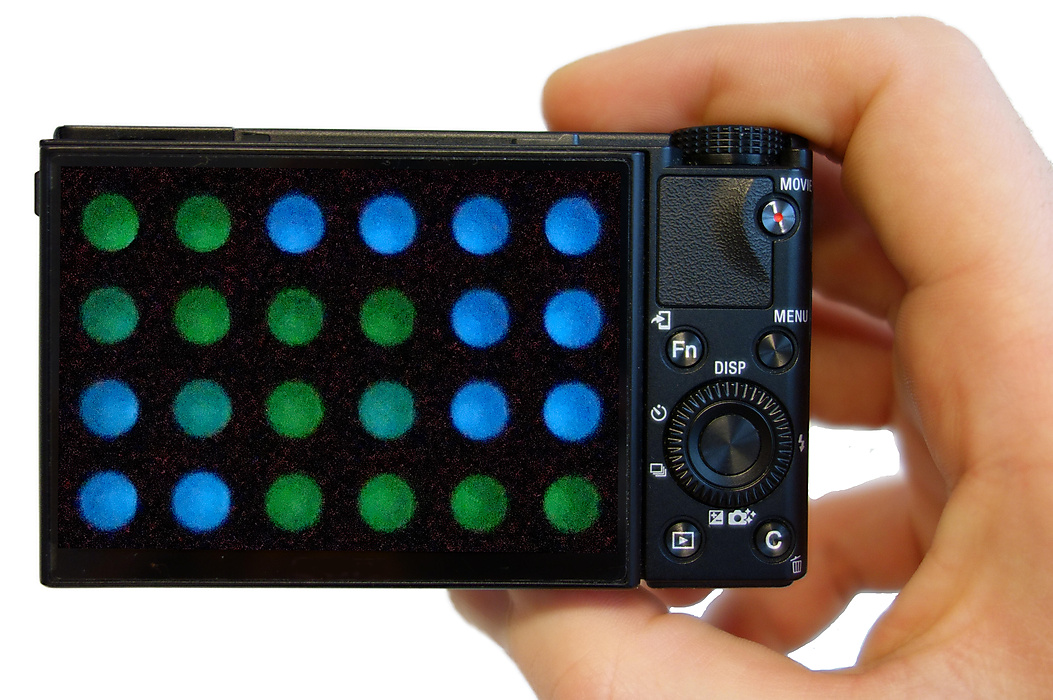Since Corona, we've all become familiar with a test that shows whether you're infected with a virus. The most reliable, the PCR test, is highly sensitive, but it's slow and requires expensive equipment. Scientists at TU/e have now developed a test that overcomes these problems. Even more intriguing, the test is based on bioluminescence - cells that produce light, like those found in fireflies and deep-sea shrimp.
When a deep-sea shrimp is in danger, it produces a cloud of blue light, the result of a chemical reaction catalyzed by a special enzyme. This specific enzyme is used as a building block in the development of the new test. In this lecture, biomedical engineers Maarten Merkx and Harm van der Veer explain how this is possible and how it can change the use and accessibility of tests for people around the world.
Prof. dr. Maarten Merkx is a full professor at the department of Biomedical Engineering (TU/e), where he leads the research group Protein Engineering. He is also dean of the department of Biomedical Engineering. His research is at the interface of chemical biology and synthetic biology, combining approaches from protein engineering, chemical biology, and synthetic biology to develop biomolecular sensors for a variety of health applications.
Ir. Harm van der Veer is a PhD candidate in (Biomedical) Protein Engineering at TU/e, researching novel pathogen sensing strategies.
Ticket reservation recommended
To be assured of a seat, we recommend reserving a ticket (black "order" button).
SG & USE/ITEC registration
Please register for SG & USE/ITEC by scanning your student ID at the venue prior to the start of the program.
More information about SG & USE/ITEC can be found here.
